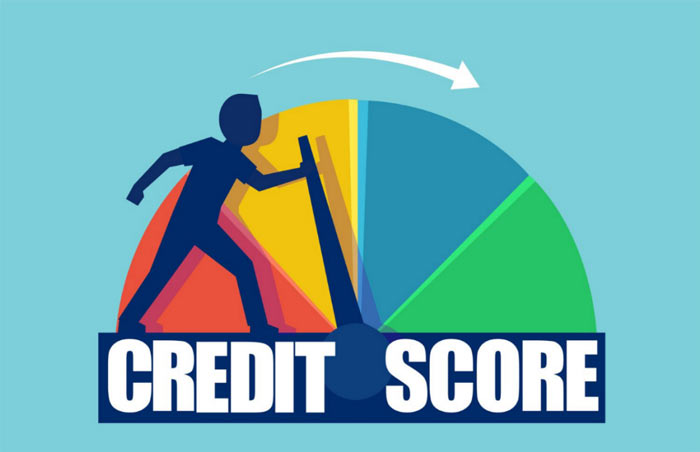How Bankruptcy Affects Your Ability to Secure Credit
Are you struggling to make ends meet due to overwhelming debt? Have creditors and collection agencies been calling, making it hard for you to relax and feel secure in your finances? Bankruptcy can be a solution if you’re feeling overwhelmed and don’t know what else to do.
While bankruptcy might seem like it would destroy one's credit score, there are many ways that it does not necessarily have the negative impact on securing credit in the future that many people initially think. Learn how declaring Chapter 7 or 13 bankruptcy affects your ability to get loans, mortgages, and other forms of credit later on.
Defining Bankruptcy and its effect on Credit
Bankruptcy is a legal option available to individuals or businesses that are unable to pay their debt. It provides an opportunity for the debtor to have all or part of their debt discharged, allowing them to start anew with a fresh financial slate. There are different types of bankruptcy, and the most common forms are Chapter 7 and Chapter 13.
When it comes to credit and bankruptcy, the first thought is often that filing will completely destroy a person’s credit score. While this is true in some cases, there are also many ways that bankruptcy does not have the negative effects one might expect. Bankruptcy can act as a tool to reduce debt and create a more manageable financial situation.
Declaring Chapter 7 bankruptcy means that all non-exempt debts are discharged, giving the individual a fresh start financially. However, since this completely eliminates the debt and is considered a negative mark on one’s credit score, it may be difficult to get loans or mortgages in the future. But with responsible budgeting and financial decisions, individuals may be able to rebuild their credit and eventually qualify for loans.
For those who do not want to completely eliminate their debts, Chapter 13 bankruptcy is an option. This type of bankruptcy allows the individual to make a repayment plan with creditors and have some of their debt discharged while they remain current on other payments.
Understanding the Different Types of Bankruptcy
No matter which form of bankruptcy is chosen, it's important to understand how each type may affect your credit and future loan options. Chapter 7 and Chapter 13 both offer different advantages depending on the individual's financial situation.
It’s important to consult a qualified attorney or financial professional before deciding which option is best for you. Bankruptcy can be challenging, but with the right knowledge and guidance, it can be a viable way to reduce debt and ultimately rebuild credit over time.
How Bankruptcy Impacts Your Credit Score,
It’s important to remember that bankruptcy will affect your credit score, but it doesn’t necessarily have to be a permanent negative impact. Bankruptcy can be seen as an attempt to resolve debt and create financial stability, which creditors may view favorably.
Individuals can rebuild their credit scores over time with responsible budgeting and proactive steps such as building credit through secured cards or taking out smaller loans. In some cases, bankruptcy may even increase an individual’s credit score if they no longer have the burden of large debt payments.
Strategies to Stabilize Your Credit After Bankruptcy
The effects of bankruptcy will vary depending on the individual, but some steps can be taken to help rebuild credit. These include making all timely payments, paying off debt with smaller loans or secured cards, and maintaining good financial habits. Additionally, it’s important to regularly check your credit score to monitor any changes and ensure that errors or discrepancies are addressed.
One of the best ways to rebuild credit is to take out a loan or credit card designed for individuals with poor credit scores. These products often have higher interest rates, but it’s an opportunity for the individual to rebuild their score. Additionally, some lenders may offer “second chance” loans tailored to individuals with a bankruptcy on their credit reports.
Another way to rebuild your credit is to look into “secured” cards or loans, which involve some form of collateral such as savings, real estate, or vehicles. These can be especially helpful for those who have declared Chapter 7 bankruptcy and are looking for ways to rebuild their credit score.
Short-Term Loans and Their Impact on Credit Scores
Short-term loans can be a helpful option for individuals who require quick financial assistance and have declared bankruptcy. These types of loans typically involve larger interest rates, but they provide immediate access to funds that may be necessary during an emergency. Additionally, if the loan is paid off on time and as agreed upon, it will help build the individual’s credit score.
Tips for Making Payments on Time After Filing for Bankruptcy
Making payments on time is essential to rebuilding credit after filing for bankruptcy. Since this can be a challenge if an individual is facing financial hardship, some tips can help make the process easier.
First and foremost, it’s important to create a realistic budget and stick to it. This should include all necessary expenses, such as housing, food, utilities, and any payments that must be made on time. It is advisable to pay more than the minimum amount due each month to reduce the overall balance faster.
Second, individuals should set up auto-payments for any bills that are not already being paid automatically. This will help ensure that payments are made on time and eliminate the risk of falling behind or forgetting to make a payment. Additionally, it is important to set up alerts for when bills are due so that payments can be made promptly.
Third, individuals should create an emergency fund to cover unexpected expenses or surprises. Having money set aside can help ease financial stress and eliminate the need to use credit cards or take out a loan, which could hurt their credit score.
Finally, individuals should contact creditors if they are having difficulty making payments. Many creditors are willing to work with those facing financial hardship, so it is important to communicate openly and honestly.
FAQs
Q: How does bankruptcy affect my ability to get loans, mortgages, and other forms of credit?
A: Filing for either Chapter 7 or 13 bankruptcy will have a significant impact on your credit score in the short term. Your credit score will likely drop significantly after filing for bankruptcy and it could take several years for it to recover. However, this does not mean that you will never be able to secure credit in the future. Creditors are more likely to approve a loan or other form of credit if they can see that the applicant has made an effort to rebuild their credit since filing for bankruptcy. Making timely payments on existing debts, keeping balances low on any credit cards, and having a stable source of income can all help to rebuild your credit score.
Q: How long do I have to wait before I can start applying for new credit after filing for bankruptcy?
A: It is best to wait at least two years before you start applying for any new lines of credit. This will give you time to rebuild your credit and demonstrate that you are capable of managing debt responsibly. During this time, it's important to make timely payments on any existing debt you still owe, keep your balances low on credit cards, and have a stable source of income. These factors will all help to improve your credit score and make it easier for creditors to approve your loan or other form of credit.
Q: What type of credit should I focus on rebuilding first?
A: If you are looking to rebuild your credit after filing for bankruptcy, it is important to focus on secured loan options. Secured loans require collateral (such as a house or car) and are generally easier for creditors to approve. This is because the creditor knows that they will have something to fall back on if the borrower does not make payments. You should also focus on low-interest credit cards, as these can help you build your credit without accruing astronomical amounts of interest.
Conclusion
Declaring bankruptcy does not necessarily have the negative impact on securing credit that many people initially think. With proper planning and dedication, it is possible to rebuild your credit score over time and gain access to loans, mortgages, and other forms of credit. Taking steps like making timely payments on existing debt, keeping balances low on any credit cards you may have, and having a stable source of income can all help to rebuild your credit score over time. It is best to wait at least two years before applying for any new lines of credit and focus on secured loan options or low-interest credit cards in the meantime.
On this page
Defining Bankruptcy and its effect on Credit Understanding the Different Types of Bankruptcy How Bankruptcy Impacts Your Credit Score, Strategies to Stabilize Your Credit After Bankruptcy Short-Term Loans and Their Impact on Credit Scores Tips for Making Payments on Time After Filing for Bankruptcy FAQs Q: How does bankruptcy affect my ability to get loans, mortgages, and other forms of credit? Q: How long do I have to wait before I can start applying for new credit after filing for bankruptcy? Q: What type of credit should I focus on rebuilding first? Conclusion
By Kelly Walker : Jan 28, 2023
Should You Buy a House at Auction?
Purchasing a home through an auction can be a great way to secure a property at a good price. However, there are risks associated with the process that must be taken into account. Before bidding on a property, it is important to research and ensures all paperwork is in order.
Read More
6745

By Kelly Walker : Jun 30, 2023
Wells Fargo Business Secured Credit Card Review
Find out wells fargo business secured credit card reviews and ratings to know if it is worth it and whether you should apply for a wells fargo business secured credit card
Read More
11680
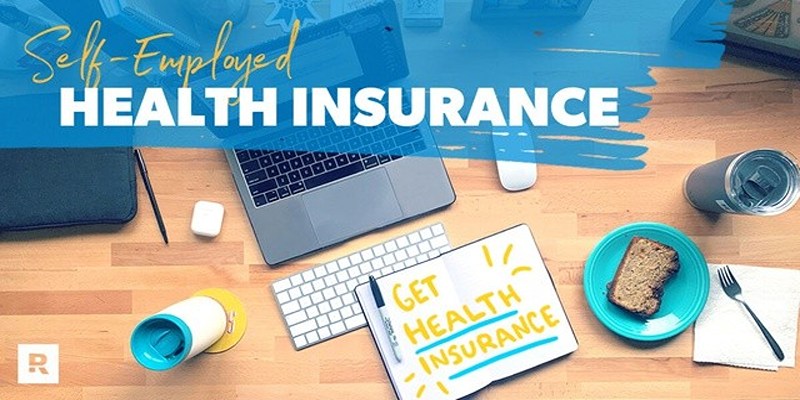
By Kelly Walker : Mar 27, 2023
Best Health Insurance for Self-Employed
Confused about which health insurance plan to pick? Don't worry. We have you covered! Learn the ins and outs of healthcare coverage specifically tailored to self-employed individuals.
Read More
1017

By Rick Novak : Feb 22, 2023
Stocks then and now
Today, investing in the stock market and having an online brokerage account or a retirement plan is not uncommon. However, markets were less liquid, and stock trading was less accessible in the past. In this article, we take a quick look at the stock market conditions from the 1950s to the 1970s from an investors' perspective.
Read More
14189
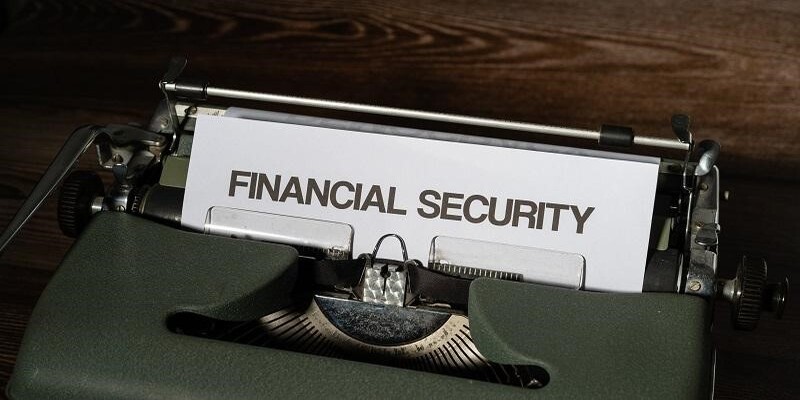
By Kelly Walker : Aug 11, 2023
Cracking the Depreciation Code
Learn how to calculate depreciation and help yourself manage your finances. We have listed down multiple formulas by which you can confidently calculate your depreciation
Read More
14574

By Kelly Walker : Jun 03, 2023
T. Rowe Price Review
Learn how T. Rowe Price can help improve your financial future with its portfolio management and investing services. Our expert review will provide valuable insight into navigating the world of investments and securing a better retirement plan for yourself!
Read More
17521
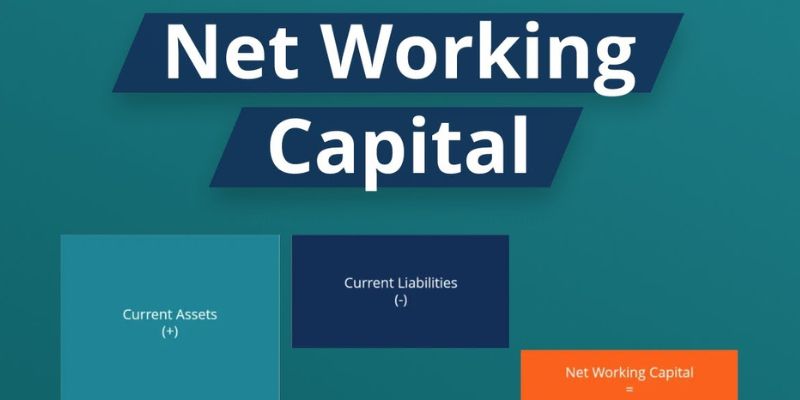
By Kelly Walker : Jun 02, 2023
What Is the Net Working Capital Ratio?
Understanding the net working capital ratio is essential to managing your finances and accurately evaluating investment opportunities. Learn how to calculate it and why it matters with this guide!
Read More
14942
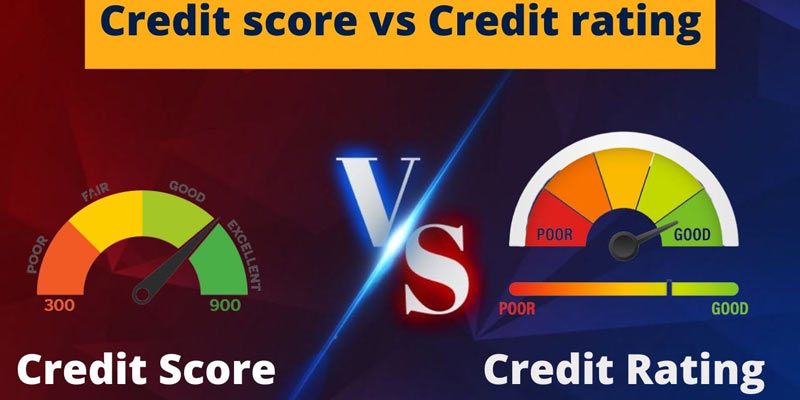
By Kelly Walker : Mar 06, 2023
Credit Rating vs. Credit Score: What’s the Difference?
Wondering what the difference is between your credit rating and credit score? This post breaks it all down for you, so you can understand how they work together to impact your finances.
Read More
11

By Kelly Walker : Jun 02, 2023
What Is a Virtual Credit Card Number?
Get the definitive guide on virtual credit card numbers and explore why it may be the right choice for your business or personal finances. Find out how these secure payment methods work, what they can offer you, and how you can make the most of them.
Read More
11761

By Kelly Walker : Mar 26, 2023
What Are Best Endeavors?
Do you have big dreams and goals but need to know how to get started? Read our article to learn about the best endeavors, their meaning, and the benefits they bring so you can start progressing toward your success story.
Read More
19457

By Rick Novak : May 29, 2023
Best Sales Training Programs
Looking for a sales training program to expand your business knowledge? Get informed and discover the best programs to meet your needs.
Read More
8521
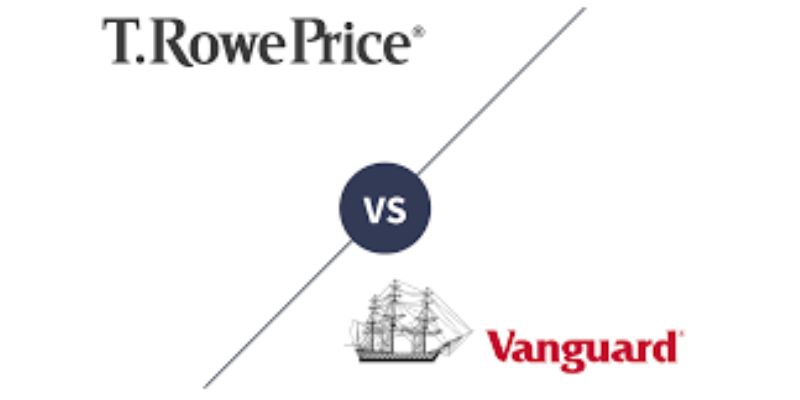
By Kelly Walker : Jun 03, 2023
T. Rowe Price vs. Vanguard
Choosing a financial company to manage your investments can be intimidating, but this blog post will help you compare the pros and cons of T. Rowe Price vs Vanguard to make the best decision for your investment goals.
Read More
1301

